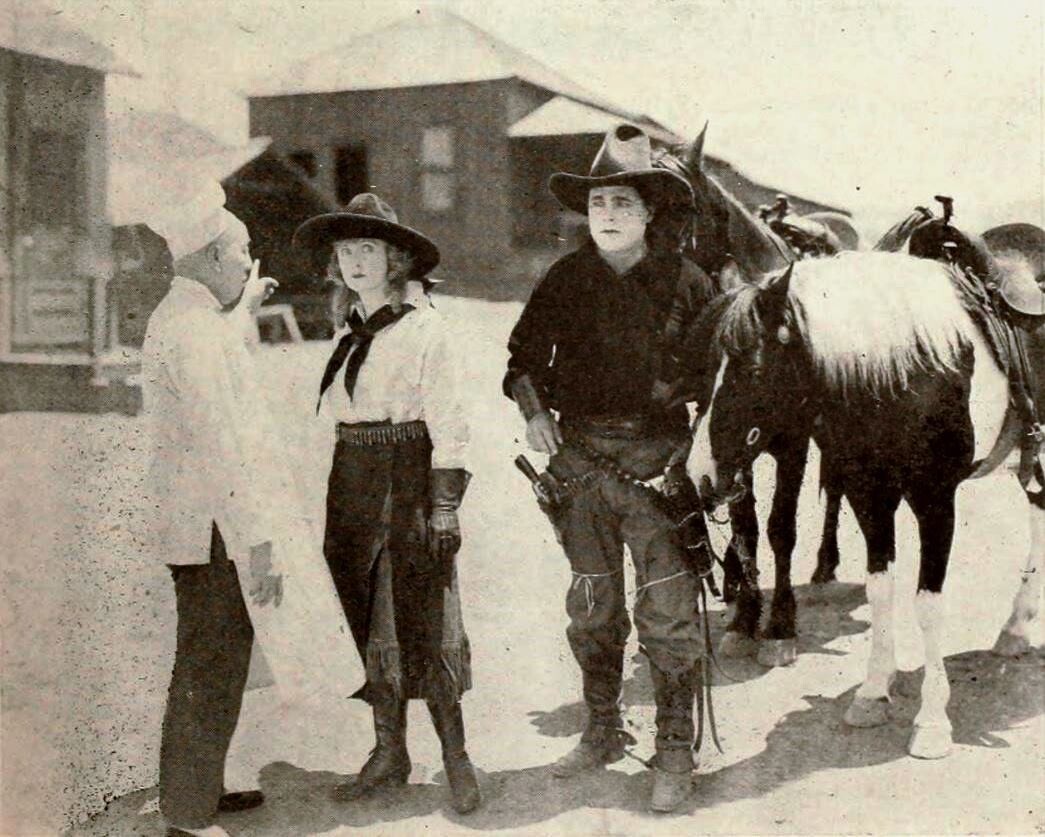Everyday Words And Phrases That Were Invented Onscreen

Writing is inventing, and many everyday words and phrases have come from the magnificent and maddening minds of screenwriters. Someone yells “Derp!” and we immediately think BASEketball. A person says “red pill” and up pops The Matrix in our noggins as we try not to spontaneously combust.
Other lexicon favorites might not be as well known as, say, any weird sound that emits from Homer Simpson’s face hole, so let’s play Movie Word Bingo and find out who cursed us with that incredibly British word, “omnishambles.”
”Sorry About That”
The phrase that’s been spoken by many an embarrassed person was introduced into our everyday lexicon thanks to the 1960s TV show, Get Smart, which used it as a catchphrase throughout the sitcom show.
”Catfish”
The 2010 documentary, Catfish, was the first to coin the term describing a person who scams someone by using a fake identity. Specifically, one of the subjects interviewed in the doccie tells the story of people supposedly shipping live cod from Alaska to China, and placing catfish along with the cod in vats so they would nip on the cod, and keep them moving. Do with that example what you will.
”Gunslinger”

Fox Film Corporation
It turns out that no one called those supposed gun-loving sharpshooters of the Wild West “gunslingers.” The term was coined in the 1920 Western movie Drag Harlan, and has become a staple term ever since.
”Dealbreaker” (pertaining to relationships)
While the term itself existed, the way we use it to describe things in relationships that’ll make us run for the hills was popularized by the “Dealbreakers Talk Show” episode from 30 Rock.
”Bucket List”
While we all could’ve sworn that the phrase “bucket list” existed well before the 2007 film with the same title was released, it turns out that we were totally wrong. The Bucket List screenwriter, Justin Zackham, invented the term when he wrote his own list in 1999, only to turn his idea into a movie and subsequently cause everyone and their Grandma to plastered Facebook with their own sad lists.
”Google”
Thank Buffy the Vampire Slayer for being so tech savvy and turning “google” into a verb. The moment happened in the 2002 episode, “Selfless,” in which Willow asks Buffy: “Have you googled her yet?” That same year the American Dialect Society deemed the verb the year’s “most useful new word."
”Omnishambles”
The Thick of It, a political British satire sitcom, was the first to give us this thicc word that combines “omni” (all) and “shambles” (disaster). The word would later morph into the phrase “Romneyshambles” to describe Mitt Romney during the 2012 election, leading to the Oxford Dictionary proclaiming it “Word of the Year.”
”Nimrod”
Another word that was already in existence — its original definition means “skilled hunter” — but was changed in meaning thanks to Daffy Duck from Looney Tunes fame who used it to insult hunter Elmer Fudd, implying that Fudd's “a buffoon.”
”Gaslighting”
With the revival of this term during the last decade — especially during the build-up to the 2016 U.S. presidential election — many were surprised to learn that the phrase describing a person manipulating another into thinking they have lost their sanity comes from a film adaptation of a play called “Gaslight.” By the time the ‘60s rolled in, the term was being used as a verb in publications.
”Friend Zone”
Written as part of Joey Tribbiani’s dialogue in “The Blackout” episode of Friends, the phrase took a while to catch on and, perhaps, would've been lost in the ether … if it weren’t for every second online publication writing a puff piece about the dreaded and, let’s face it, entitled concept of being “friend zoned.”
”Regifting”
The act of taking a gift received and giving it to someone else as a gift instead was coined in the ‘90s by Seinfeld in the episode, “The Label Maker.” Elaine calls Bryan Cranston’s character a “re-gifter” in a negative way, and from there the term is used in different ways throughout the episode.
”Spam”
The term is widely believed to have its origins in a Monty Python sketch, in which the word is constantly repeated in a restaurant serving, well, food with a lot of spam. The definition of spam being something that keeps repeating ad nauseam, then, was why Richard Depew used it to describe spam in a USENET news group in 1993, and the rest is history spam.
Thumbnail: NBCUniversal Television Distribution, BBC